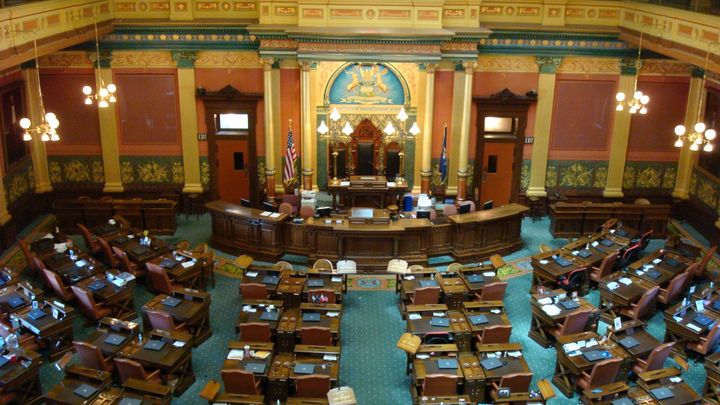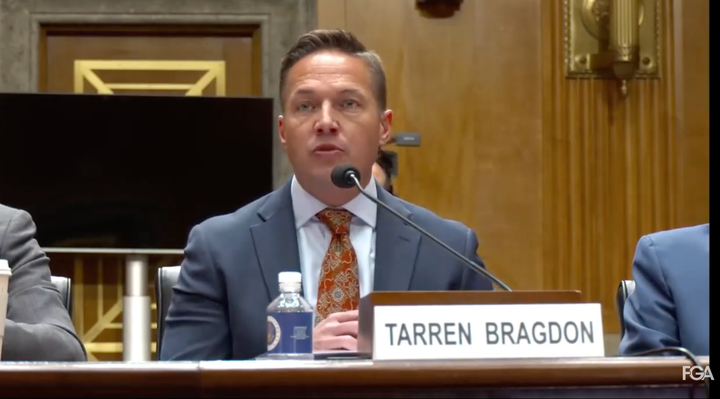Just weeks before Michigan is set to swear in a new secretary of state who campaigned on increasing transparency of money in politics, the lame-duck Michigan House of Representatives voted on Tuesday to pass a bill that would make it a crime for government officials to require nonprofits, including those that spend money on elections and political ads, to disclose their donors.
The bill, SB 1176, has already been passed by the Michigan Senate, so it will now be sent to Gov. Rick Snyder, who has not indicated whether he intends to sign the bill into law or veto it. The House vote was 58-51 and the Senate vote was 25-12.
The bill’s supporters claim that it is intended to protect the privacy of charitable donors, but the legislative text would prohibit state and local agencies from requesting information on donors from “any entity organized under section 501(c) of the internal revenue code,” including (c)(4) social welfare groups and (c)(6) business leagues that, unlike (c)(3) charities, are allowed to spend money on elections.
“This bill calls itself the ‘Personal Privacy Protection Act,’ but the bill is written in such a broad way that it makes me question who it is this bill is really trying to protect,“ Craig Mauger of the Michigan Campaign Finance Network told Michigan House members in testimony delivered on Dec. 13. “If you all truly want to protect the identity of donors to charitable causes and lift up charitable giving in this state and set it apart from political giving, you can do that. You can do it right now. You can amend the bill to cover just 501(c)(3) organizations.”
Under the bill, which is sponsored by Republican Senate Majority Leader-elect Mike Shirkey, the only way state officials would be able to access information about donors to 501(c) nonprofits would be through a court-issued warrant, but even then they would be prohibited from making that information available to the public. The bill would also ban agencies from requiring government contractors to disclose contributions they have made to nonprofits.
Violations of the bill would be punishable by imprisonment for up to 90 days and/or a fine of up to $1,000.
Michigan’s incoming secretary of state, Jocelyn Benson, pledged to address dark money while on the campaign trail. “Benson said if elected in November she will champion reforms that will shine a light on the secret money flowing into the state’s election process and requiring instant disclosure of all political and lobbying money,” a press release posted to her campaign website reads. “Benson’s goal is to make Michigan one of the best states in the nation when it comes to transparency and accountability.”
Nonprofits that do not disclose their donors spent at least $3.1 million on 2018 State Senate races, according to an analysis from the Michigan Campaign Finance Network, and at least $5.5 million on a ballot measure to establish an independent redistricting commission. The groups spending this dark money in Michigan, including Sixteen Thirty Fund, Action, Action Now Initiative and Citizens for Energizing Michigan’s Economy, report their political expenditures to state officials, but they are not required to report the identities of their donors to the state or on their federal 990 tax forms.
Related:



